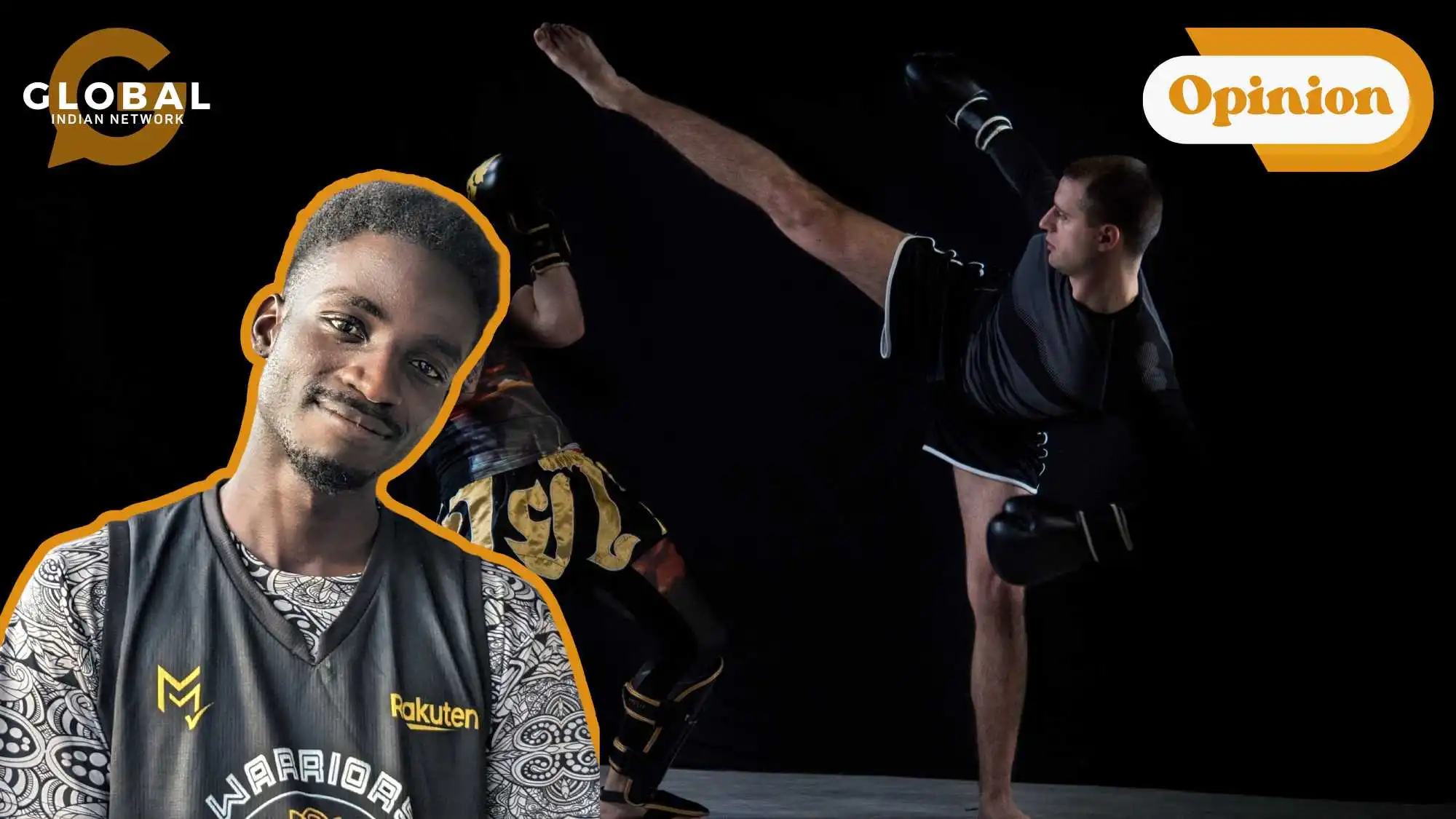Dana White, the CEO of the UFC (Ultimate Fighting Championship), once said that if there were people playing football on one end and people fighting on another, more people would go watch the fight. It is no secret that we, as a species, are drawn to the spectacle of fighting. Despite being well aware of the horrors of war, we glorify those who are good at it. Gladiators of the ancient Roman Empire are remembered well enough to make movies about them. Today, in the twenty-first century, combat sports are so popular that they are featured in films, the Olympics, and every other broadcast channel.
Today, one of the more popular and prominent combat sports is Mixed Martial Arts. It is by far the youngest of most of them all and, as the name suggests, involves the mixing of several forms of combat (martial arts). Athletes or fighters will have previously trained in another discipline of fighting, such as boxing or Brazilian jiu-jitsu, before transitioning to MMA. This is part of the appeal of MMA, as it puts athletes with different sets of skills and strengths from entirely different sports on an even playing field, which materializes as either a cage or a ring. But this sport seems to find more favour amongst men, why?

It goes without saying that men typically consume sports and sports content more than women. Even if at times the athletes themselves might be women. There’s a natural inherent draw to competition that attracts men.
However, in MMA, a relationship exists between male spectators and the sport, one that involves masculinity.
There is an inherent link between masculinity and violence. Partly evolutionary and partly perhaps more relevant to the twenty-first century, conditioning. Through media and culture, men have been indoctrinated into the belief that their capacity to deal with conflict in a violent manner is a measure of their masculinity. Some men will actively seek out conflict, and others will not avoid it simply because, to them, it is the more manly thing to do.
Where the theatre of sport in my view, enters the fray is that men project themselves in athletes. Men look up to athletes they like because of either relatability, as in they see a version of themselves in the athletes or aspiration. The athlete represents a version of a man they want to be, be it the car they drive, the woman they’re married to or the physical body they have.
Mixed Martial Arts sits at a nexus where it appeals to our seemingly primordial fascination with conflict. After all, the sport involves two people fighting and several archetypes of men that men draw inspiration from.
Fighters come in all shapes and sizes, literally and metaphorically. Although marketing and smear campaigns in the early to mid-2000s made them seem either barbaric or subhuman, this has proven to be not the case. The narrative that fighters are overconfident “macho-men” has also been dispelled by the fighters themselves.
Men (contrary to popular belief and meme culture) are complex, layered and diverse. This complexity and diversity is reflected in Mixed Martial Arts. Brandon Moreno, a Mexican fighter, stands at 170 centimetres, weighs 52 kilograms and loves Legos. Khabib Nurmagomedov is 178 centimetres tall, a devout Muslim from Russia weighing 70 kilograms. They were both world champions.
Mixed Martial Arts offers to masculinity what all men feel they have in common whilst acknowledging how different they are. The grit and emotions that follow sports is also not lost in it. In it also exists the imagery of the fight that every man sees himself in.
It also highlights what, at least in masculine circles, is considered peak male performance. Except it shows through the spectacle of sport, that any and all archetypes of men be it the conventional stereotypical or anime loving kind (see Israel Adesanya), are capable of being champions.

Let us know your thoughts in the comments below. If you have burning thoughts or opinions to express, please feel free to reach out to us at larra@globalindiannetwork.com.









